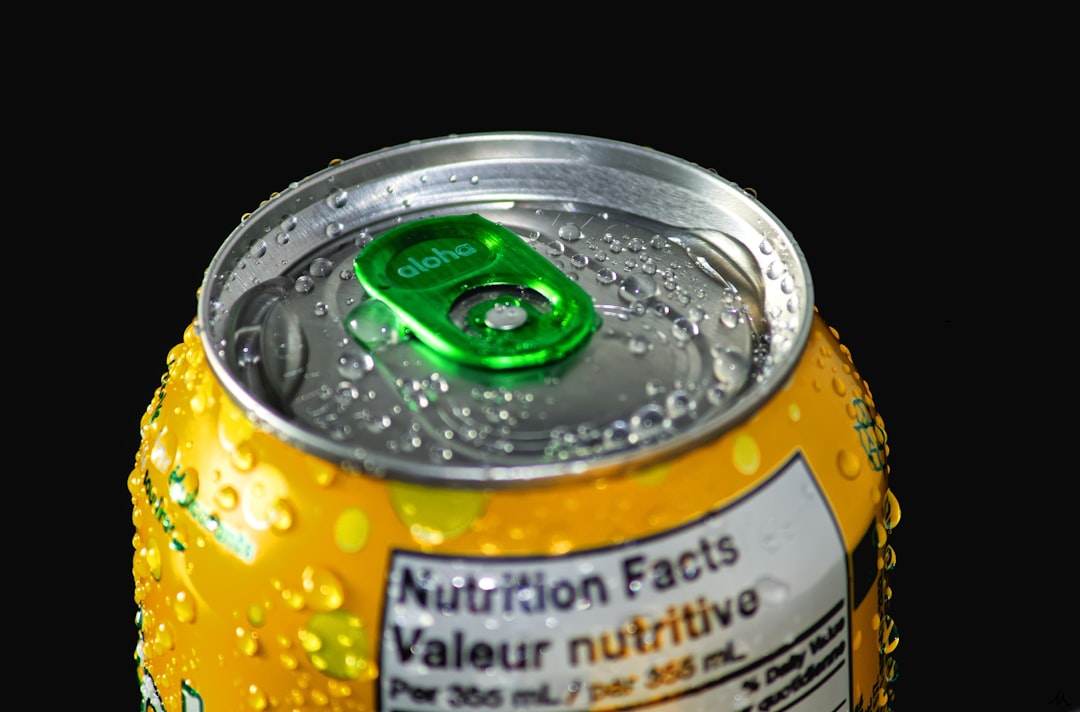Over the past few decades, energy drinks have risen to become a global phenomenon. They promise enhanced focus, improved physical performance, and a temporary energy boost — all of which are tempting in our fast-paced society. However, the primary ingredient behind this surge of energy is caffeine, a stimulant that, when consumed excessively, can lead to serious health implications. Understanding the appropriate daily caffeine limits is essential for maintaining long-term well-being.
TLDR (Too Long, Didn’t Read)
Energy drinks contain caffeine, which can be harmful in large amounts. Health experts recommend a daily limit of up to 400 mg of caffeine for most healthy adults, which often equates to about two to three cans of common energy drinks. Exceeding this limit may lead to serious side effects like heart palpitations, anxiety, and even hospitalization. Always check labels and consider your total daily caffeine intake from all sources.
Understanding Caffeine and Its Effects
Caffeine is a natural stimulant commonly found in coffee, tea, cola beverages, and energy drinks. It acts on the central nervous system to temporarily ward off drowsiness and restore alertness. While moderate caffeine intake can offer benefits such as enhanced concentration and physical energy, too much of it can be detrimental.
Typical effects of moderate caffeine consumption include:
- Improved alertness
- Temporary mood elevation
- Increased metabolic rate
However, consuming high doses of caffeine within short intervals can lead to negative symptoms such as:
- Insomnia
- Increased heart rate or palpitations
- Anxiety and irritability
- Digestive discomfort
- Dependence and withdrawal symptoms
How Much Caffeine Is Too Much?
According to the U.S. Food and Drug Administration (FDA), healthy adults should not consume more than 400 milligrams of caffeine per day. This limit is generally considered safe and is supported by the dietary guidelines of other leading medical organizations.
For perspective, here’s how much caffeine is in common energy drinks:
- Red Bull (8.4 oz): ~80 mg
- Monster Energy (16 oz): ~160 mg
- Bang Energy (16 oz): ~300 mg
- 5-hour Energy (2 oz): ~200 mg
This means that drinking just one large can of a highly caffeinated energy drink like Bang Energy could potentially bring you close to or over the safe daily limit, especially when combined with caffeine from other sources like coffee, tea, or chocolate.

Individual Sensitivity and Risk Factors
While the 400 mg daily recommendation applies to most healthy adults, individual tolerance can vary significantly. Several factors influence how your body processes caffeine, including:
- Age: Children and adolescents are more sensitive to caffeine. Pediatric organizations recommend no more than 100 mg per day for those aged 12 to 18, and much less for younger children.
- Weight and metabolism: Lighter individuals may be more sensitive to caffeine’s effects compared to heavier individuals.
- Genetic factors: Some people metabolize caffeine slower than others, leading to prolonged effects and higher risk of side effects.
- Medical conditions: People with heart disorders, anxiety conditions, or sleep disorders should be especially cautious with caffeine.
Pregnant women are advised to limit caffeine intake to 200 mg per day due to potential impacts on fetal development. Always consult your doctor if you’re unsure about your personal safe limit.
The Dangers of Excessive Energy Drink Consumption
Energy drinks aren’t just caffeinated — they’re often loaded with additional stimulants and sugar. Consuming several servings in short periods has been linked to serious health events. The Centers for Disease Control and Prevention (CDC) reports a rise in emergency room visits involving energy drink use, particularly when combined with alcohol or physical activity.
Consuming too much caffeine from energy drinks can result in:
- Caffeine intoxication: Marked by restlessness, insomnia, flushing, gastrointestinal distress, and muscle tremors
- Heart complications: Palpitations, high blood pressure, arrhythmias, and in rare cases, cardiac arrest
- Mental health issues: Heightened anxiety, panic attacks, and even psychosis in very high doses
Numerous case studies have documented otherwise healthy individuals experiencing seizures, fainting, or hospitalization after consuming extreme quantities of energy drinks in a short span. These risks are greater in teens and young adults.

Combining Energy Drinks with Other Substances
One particularly dangerous trend is mixing energy drinks with other substances — especially alcohol. This combination creates a false sense of energy and alertness, potentially leading individuals to underestimate their level of intoxication. As a result, they may continue drinking or engage in risky behaviors like driving while impaired.
Other combinations to avoid include:
- Prescription stimulants (like ADHD medication)
- Over-the-counter medications that contain caffeine, such as headache or alertness pills
- Pre-workout supplements that already contain high caffeine content
How to Monitor and Limit Your Caffeine Intake
The first step to keeping your caffeine consumption at healthy levels is awareness. Here are some effective tips to help you stay within safe limits:
- Read labels carefully: Not all energy drinks publish caffeine content visibly. If it’s not listed, reconsider consuming it.
- Track your intake: Use a nutrition tracking app or write down all sources of caffeine, including coffee, tea, sodas, supplements, and medications.
- Avoid “stacking” sources: If you’ve had a coffee in the morning, be cautious with choosing an energy drink in the afternoon.
- Choose smaller servings: Instead of a 16 oz can, opt for 8 oz or lower-caffeine alternatives.
- Watch for warning signs: If you notice racing heart, jitteriness, or insomnia, it’s time to cut back.
Healthy Alternatives to Energy Drinks
If you rely on energy drinks for a midday boost, consider healthier alternatives that can offer sustained energy without the crash:
- Water: Dehydration is a common cause of fatigue. Make sure you’re drinking enough.
- Green tea or matcha: These have less caffeine than energy drinks and come with additional antioxidants.
- Fruit smoothies: Provide natural sugar and vitamins for energy without stimulants.
- Exercise: A brisk 10-minute walk can temporarily boost alertness as much as caffeine.
Conclusion: Balance and Caution Are Key
Caffeine is neither inherently good nor bad — its effects depend on how much and how quickly it’s consumed. When it comes to energy drinks, understanding your own limits and being aware of the hidden caffeine in your diet can save you from unpleasant health consequences. Moderation, informed choices, and reading labels are your best defenses.
Remember: while energy drinks might help you meet a deadline or push through a workout, the long-term health risks of overconsumption are not worth the temporary boost. When in doubt, speak to a healthcare provider about what’s safe for you.


